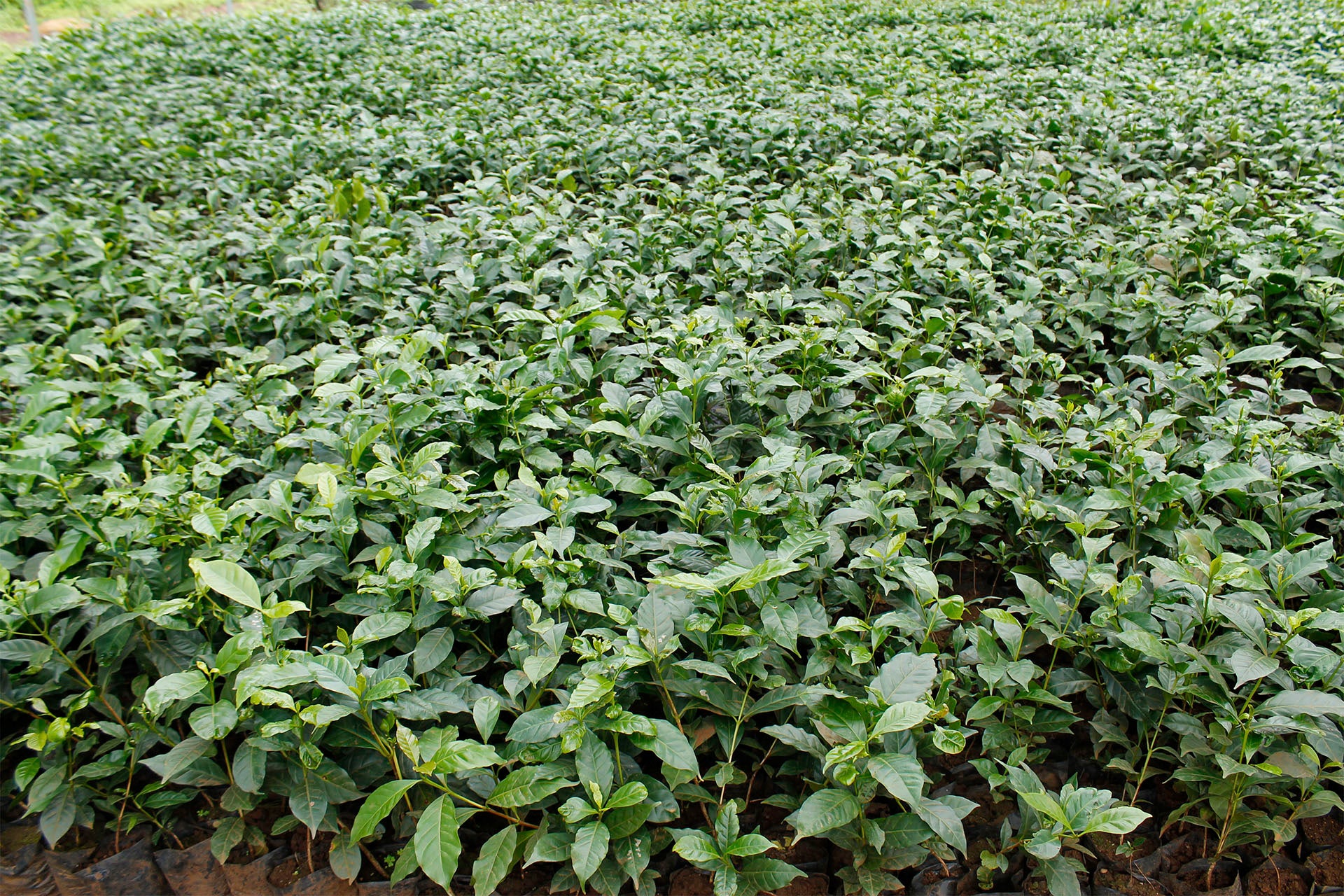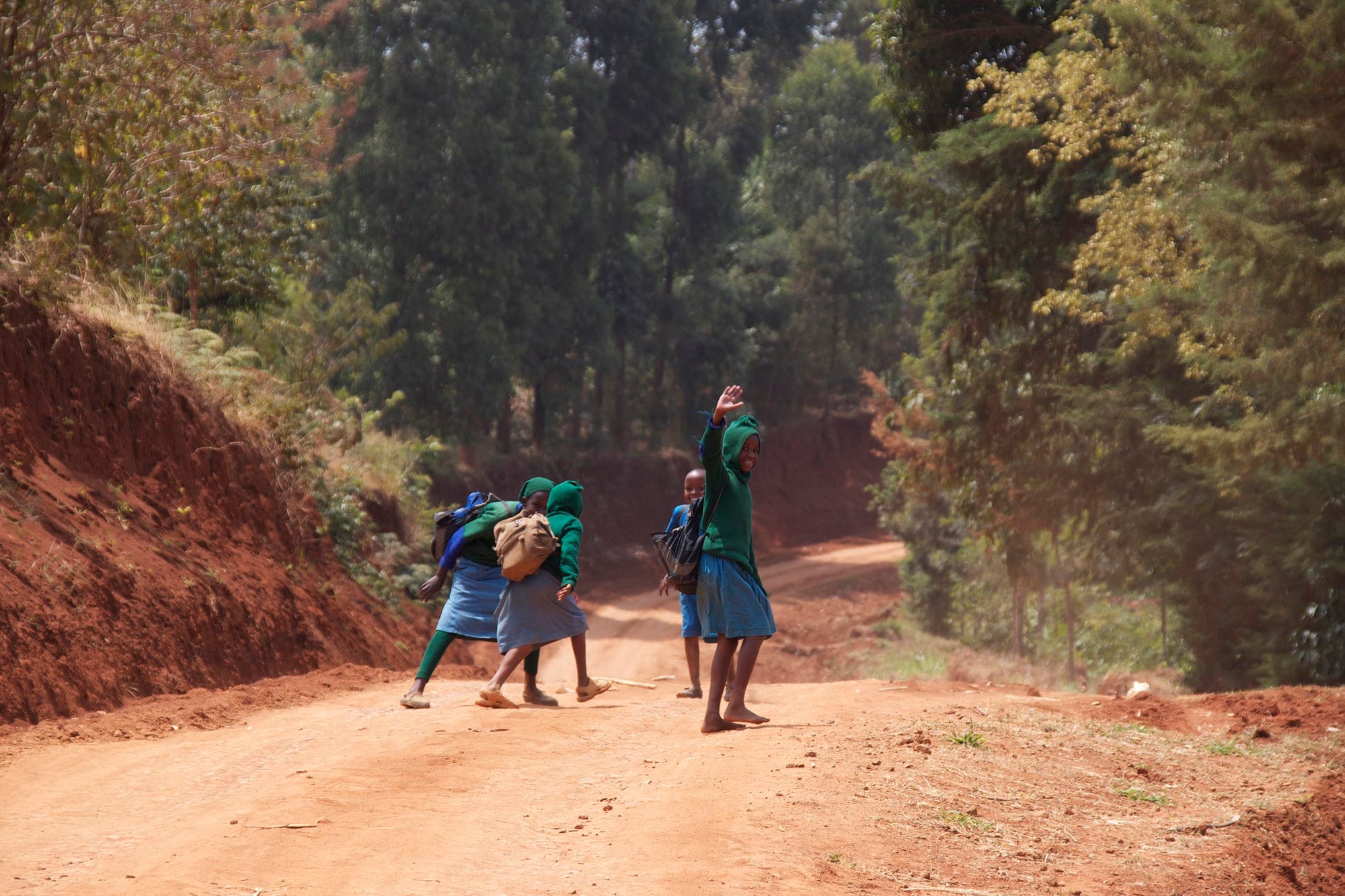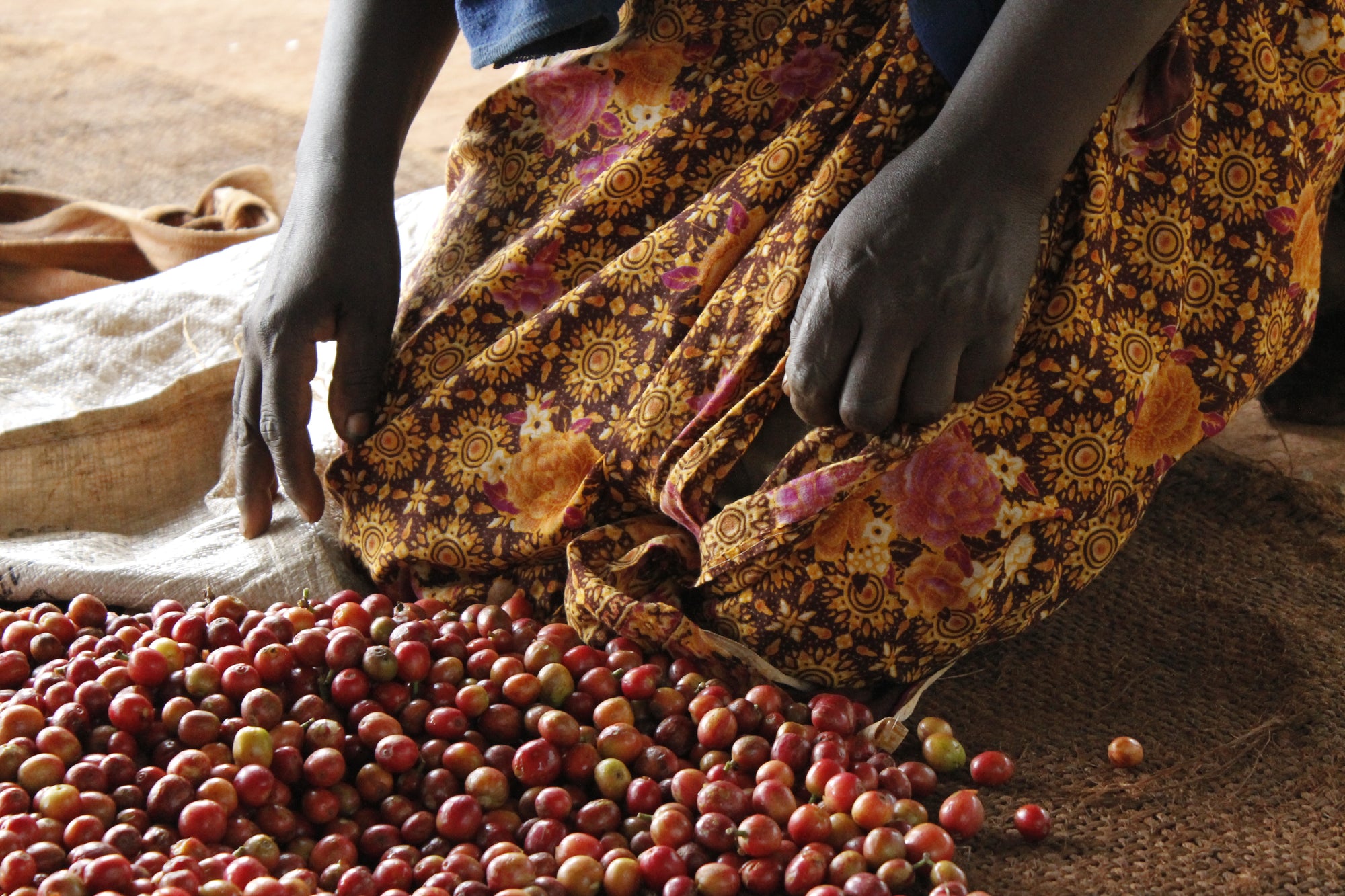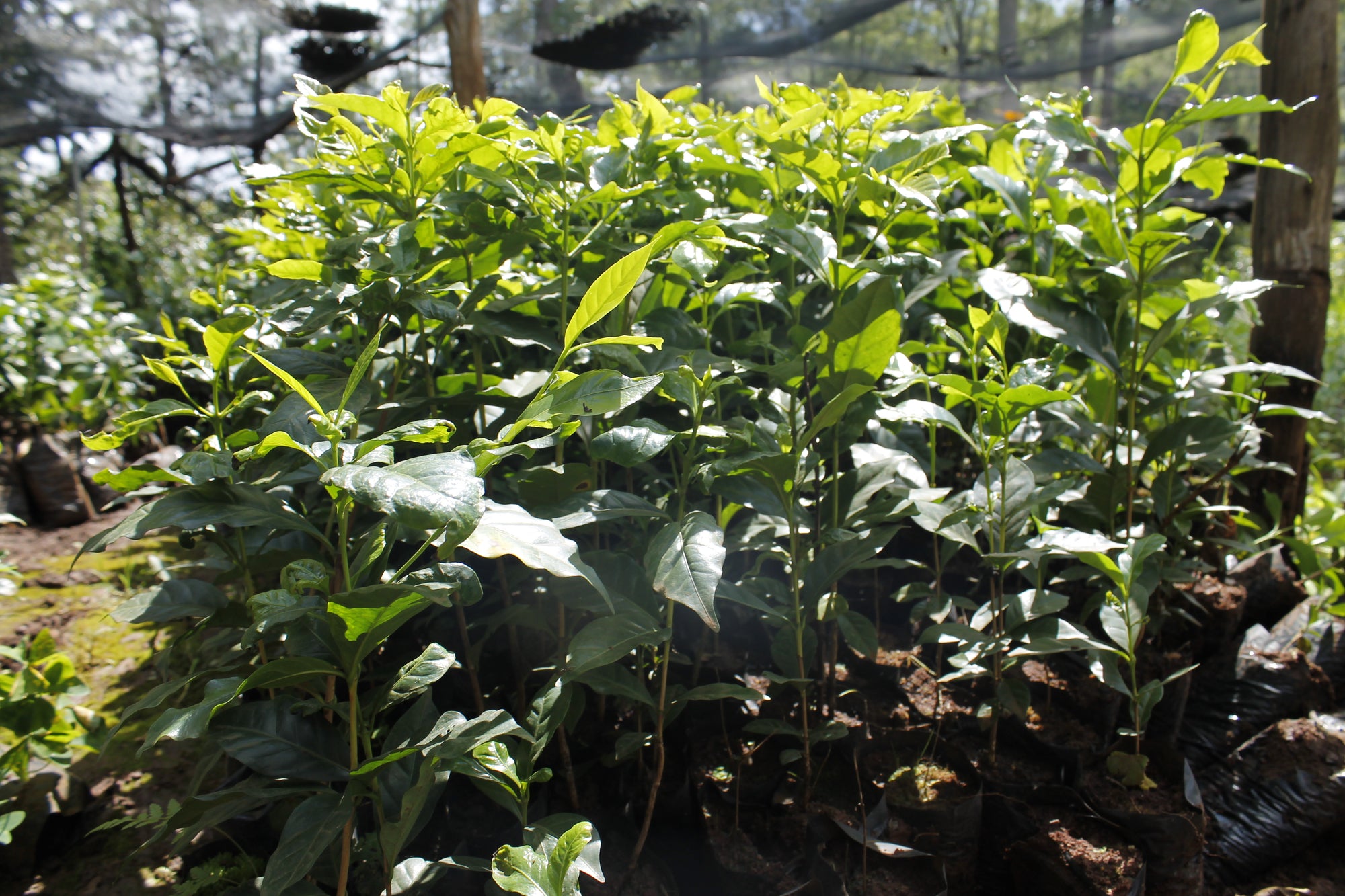Goals
We developed our goals early in 2009 before even acquiring a coffee roasting machine. We ensured our ambition, intention and ideology is anchored in honest goals for achieving righteousness.

Responsibility
We believe it is important to take responsibility for how people, the environment and the society are affected by our daily choices and operations.
Our potential lies in our ability to influence our clients and their users by telling stories that matter. We contribute to profitability and sustainable development through cost savings, optimization of the coffee value chain and above all reducing the consumption of finite resources.
We actively strive to reduce our own impact on the environment by having an open dialogue about what is important from a sustainability perspective related to coffee. We believe you can make an important difference too. Ending poverty does not only entail finances. There is a larger barrier to tackle such as inequality, knowledge and respect.

Application model and conceptialization
Below illustrates a mapping and implementation model of certain goals. These goals might come across as general politics and ideas that some are striving for implementing through brute force approach. We believe these are only 'ideas' and require implementation that are based on specific knowledge in the field of operations. In other words, we contribute with what we can contribute with, based on best fit, what we have at our disposal in terms of finances, capacity, and so on.
Various ideas and frameworks exist on achieving a sense of "harmony" in the world. Yet, we believe - without knowing all frameworks or ideas in depth - are at an "idea"-level, "concepts", "abstractions", and so on that unfortunately are not always rooted in reality. The below is our interpretation and implementation, thus should be viewed as only one reference to one of many existing frameworks.

OUR GOALS ARE BASED ON THESE STEPPING STONES

Our Transparency Pricing-model ensures producers are paid “genuine” prices, not only “fair”.
We ensure that the coffee is of the expected quality and pay accordingly. Our Transparency Trade model ensures the shortest path to obtaining the best payment. Many models exist today for establishing a “Direct”, “Relational” or other means of trade. We claim the only and genuinely direct financial model is when we pay to the farmer’s bank account when applicable. Through this, no certificates have to be issued by the farmer or becoming a member of “fair models". These "fair models" have to be administered - right? Where do those funds come from? Nobody wants to work for free - do they?
Consider – if you would walk into a hair salon – would you ask for a “fair” or a “genuine” hair cut?
Teaching and managing growing, pruning, picking and processing coffee is a quality assurance in order to ensure farmers increase the value of their coffee. Therefore, improved finances mitigates hunger and malnutrition. We also bring knowledge of how to use all of the coffee cherry.
Life cycle assessments are crucial to provide and share with farmers and customers throughout all areas in order to raise awareness. We ensure to provide proper understanding of a product, its origin and work that goes into creating it.
We are also very interested and focused on creating value from other components of the coffee production and not only specifically to coffee as in "specifically the coffee bean".
Did you know that each cup of brewed coffee when processed (“preparing the coffee beans after picking and sorting”) consumes about 140 liters two sources of wastewater coming from pulping (~55% of volume) and washing (~45% of volume) contain sugars which begin fermenting to ethanol and acetic acid causing reduction in pH from ~7 to ~3-4.
We are promoting naturally processed coffee which in its essence doesn’t use any water. Therefore, water impact on the environment is close to none. Water can instead be used to grow other crop. If produced correctly, natural processed coffee truly embraces what coffee should taste like. In addition, we work closely with partners and with daughter and avantgarde companies such as Avivo, Triple-Energy and Alpha Energy on filtering and purification technologies regarding farm-life.
We pay the requested prices which are many factors above “fair” models. This means farmers do not have to produce 200% more coffee to earn 200% more. Instead, our model is to produce less and earn more where quality is an important factor. Pay 400% and grow 50% less. Better for the grower and the environment.
In addition, we import our coffee ourselves ensuring to circumvent any third-party involvement adding costs on top of the coffee. The work is more labor intensive to ship, track and custom clear coffee ourselves. However, we find the work more rewarding because the costs that would go to a third party could be returned to the farmers. On occasion and request, in specific countries where customers wish to receive coffee from, we work with partners to export coffee.
This is also crucial in numerous countries where exporters have to be native residents. In Kenya, we have a branch of our company, namely Coffea Circulor CGR Ltd, in order to export coffee to Norway ourselves and in Colombia, at the time of this writing, the coffee export has to be conducted through the federation where we work closely with friends to secure shipments of coffee.
We are ambassadors of the coffee industry and provide best-practice information. In addition, we show how to make a difference. Today, consumer market coffee – i.e. bought in supermarkets – have a price of about 10 EUR /12 USD per kilo in Scandinavia. Consider this example: In one kilo of coffee, each farmer has to pick approximately 6.5-7 kilos of coffee cherry. This is processed and what remains is approximately 1 kilo of green after additional process is applied. When the coffee is roasted, 0.85 kg remain. Now, consider if a resident of the industrialized world would work for at least 10 EUR per hour – likely being able to pick a grand total of 6.5-7 kg of coffee cherry – that would likely not be an attractive personal business model. The coffee is not even roasted or packaged at this stage.
Our point is that today coffee is "cheap" in respect to the amount of people and work that are involved.
A global partnership for development is of great importance to achieve common goals. We work with likeminded farmers to ensure long-term relationships are built on trust, nobility, integrity and righteousness. As the second most traded commodity in the world after oil, the coffee value chain is complex and small changes can inspire for the greater good. Coffee is also costing our planet potential deforestation, water pollution and contamination, agrochemical usage, waste and soil quality just to mention a few. Traceability, which provides a transparency in the entire value chain is crucial to ensure each produced and delivered bag of coffee can be tracked to a specific continent, country, region, farm and producer. Through these procedures we ensure that the working conditions are sound and the cultivation happens in harmony with nature.
Our contribution is to grow coffee on our own farm particular in Kenya where we can have a complete control of the growing, fermentation, drying, export, import, and so on, enables us to gain dedicated knowledge of our products and services.
